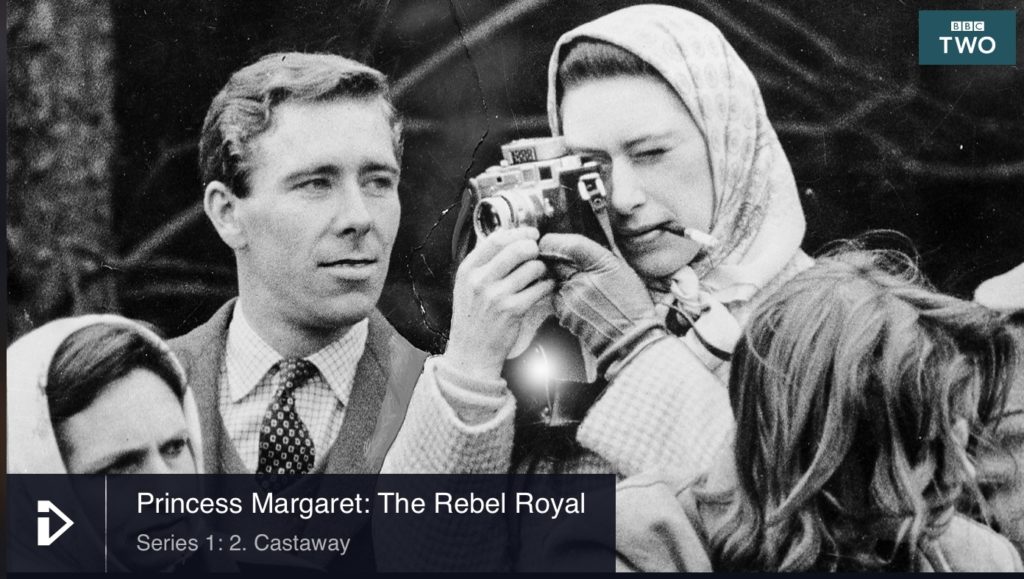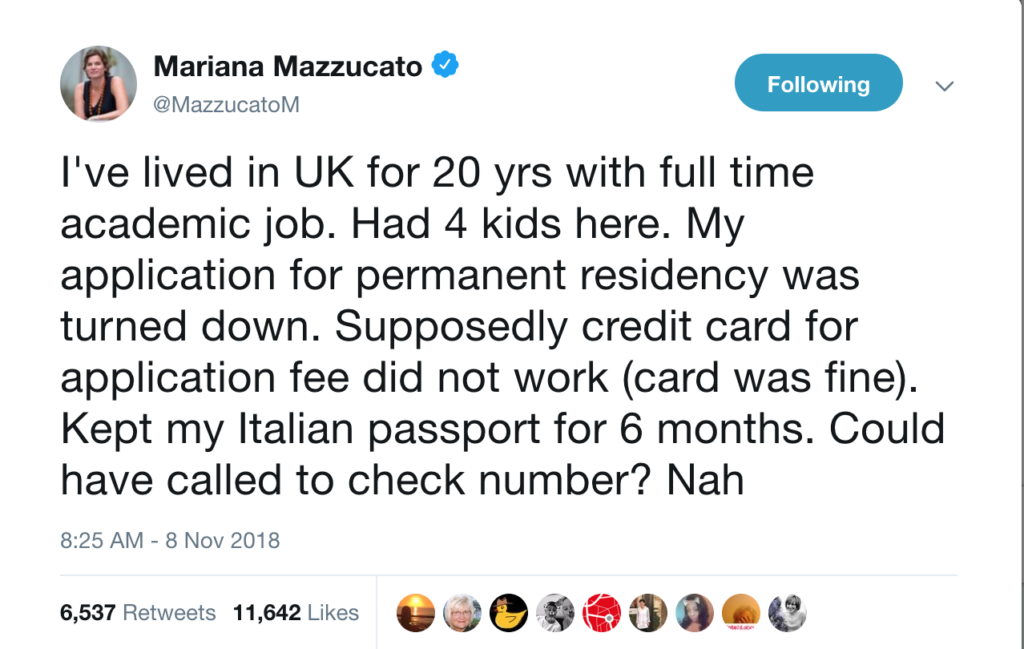For me the most striking phrase in Jo Johnson’s admirable resignation statement was this:
“To present the nation with a choice between two deeply unattractive outcomes, vassalage and chaos, is a failure of British statecraft on a scale unseen since the Suez crisis.”
Suez is the right historical analogy. The only problem is that I suspect most British voters under 60 won’t have a clue about what it means. Which is a pity. The crisis stemmed from the response of the UK government, then led by Anthony Eden, to the nationalisation of the Suez Canal by Colonel Nasser, the leader of the military putsch which had taken control of the Egyptian state. Eden — with the vociferous support of his (Conservative) party, British newspapers and much of public opinion — saw this as a direct challenge to British interests in the Middle East. Accordingly, Eden embarked on a plan to launch an invasion of Egypt in collusion with the French (joint-owners of the canal) — and the Israelis. Since Eden knew that the US government — then led by President Eisenhower, whose wartime experience had led him to be sceptical about the Imperial delusions of his British allies — would not approve such unilateral action, all of the planning was done in secret.
The basic idea was that the Israelis (who had their own problems with Nasser) would invade Egypt, after which Britain and France would intervene to ‘restore’ order (and of course deal with the Nasser ‘problem’). It was, in a way, gunboat diplomacy in the time-honoured imperialist tradition, fuelled by hysterical references to the 1938 Munich crisis when the British had failed to “stand up to” Hitler.
On October 26 1956, the Israelis attacked. On October 30 Britain and France — which had assembled a larger invasion force and a huge number of fighter and bombers in British bases in Cyprus — sent ultimatums to Israel and Egypt. By November 1, most of Nasser’s air force had been destroyed. On November 5 British troops landed near Port Said. As the reality of getting seriously involved in a Middle Eastern war dawned on the British public, enthusiasm for the venture rapidly cooled. And while all of this was going on, the USSR found the international furore surrounding Eden’s action a convenient Western distraction as its forces invaded Hungary and crushed the democratic uprising that was under way there. As the then US Vice-President, Richard Nixon, later observed, “”We couldn’t on one hand, complain about the Soviets intervening in Hungary and, on the other hand, approve of the British and the French picking that particular time to intervene against Nasser”. Beyond that, it was Eisenhower’s belief that if the United States were seen to acquiesce in the attack on Egypt the resulting backlash in the Arab world might win the Arabs over to the Soviet Union.
So the Americans pulled the plug on the Brits. Following on the precipitous fall in the value of sterling (the Bank of England had lost $45 million between 30 October and 2 November in attempting to shore up the currency), the US piled on the pressure. Britain — which was running out of oil because of the closure of the canal (Nasser had blocked it by bombing ships that were in transit) — applied to the IMF for help, which was refused. Eisenhower instructed the US Treasury to prepare to sell part of the US Government’s Sterling Bond holdings. It rapidly became clear to those in London that Britain’s foreign exchange reserves could not prevent the devaluation of the pound that would follow such action and that the country would rapidly find itself unable to import the food and energy supplies needed to sustain the population. An existential crisis loomed, and the British caved in. Eden resigned (on ‘health’ grounds) and was succeeded by Harold Macmillan, who was the Chancellor of the Exchequer at the time of the invasion, and probably had his own reasons for keeping the Americans informed about what was going on.
The Suez adventure was an epochal event that was widely seen in some parts of British society as a humiliation. But to detached observers it was the moment when it became clear that a UK that had been exhausted and effectively bankrupted by WW2 was no longer a global power. To believe otherwise would be delusional. Which is why from that moment onwards, the UK never did anything adventurous in a military or diplomatic sense without the explicit approval of the US. However, in some sections of the British establishment — not to mention in its tabloid media and in the psyche of many of its older citizens — subliminal imperial delusions lingered.
Which brings us to Brexit. This is — as Jo Johnson implies — another Suez moment. One of the (many) astonishing aspects of the Referendum campaign was that the question of the border between the Irish Republic and Northern Ireland was never mentioned, despite the fact that — in the event of a decision by the UK to leave — that border would automatically become the western frontier of the EU (and therefore, of the Single Market). When the realisation dawned on people after the vote that there might be a problem here — given that an open, frictionless border had been an integral part of the Good Friday Agreement guaranteed by Ireland and the UK — the old imperial delusions returned. It was surely inconceivable, the Brexiteers fumed, that a puny state like the Irish Republic (which was determined not to return to a hard border) could be allowed to frustrate the will of the great British nation. One Brexiteer (I think it was Boris Johnson) even said that it would probably be a good idea for the Republic to leave the EU at the same time as the UK. And it was likewise seen as inconceivable that the EU would, in the end, allow such a piffling matter to get in the way of an agreement with the mighty UK.
Now, however, the penny has dropped: people in the UK are beginning to realise that this cavalier disregard of the ‘Irish problem’ was in fact another manifestation of imperial delusion. As the Financial Times columnist Robert Shrimsley pointed out the other day, the Irish government has from the outset played a smarter game than its UK counterpart. It made sure from Day One that the issue of the border would be one of the EU’s ‘red lines’. And so the UK’s failure to get the EU to budge on the issue — and Theresa May’s need to fudge the ‘backstop’ issue — provides a salutary estimate of Britain’s reduced role in the world. The EU is, in its way, an economic superpower; the UK is just another country — albeit one that once happened to have an empire. The experience vividly illustrates what the balance of power will be when an ‘independent’ UK has to negotiate with Trump’s US or other trading blocs.
The UK will continue to be a significant country and a sizeable economy. But a global power it ain’t any longer. So Jo Johnson is right — this is Suez 2.0. The main difference is that Theresa May is not Anthony Eden, who really was delusional about the extent of British power. May is just (as David Runciman once observed) a conscientious Head Girl doing her best to carry out a set of impossible instructions. But, in the end, she will go the same way as Eden. All political careers, as Enoch Powell used to say, end in failure.




